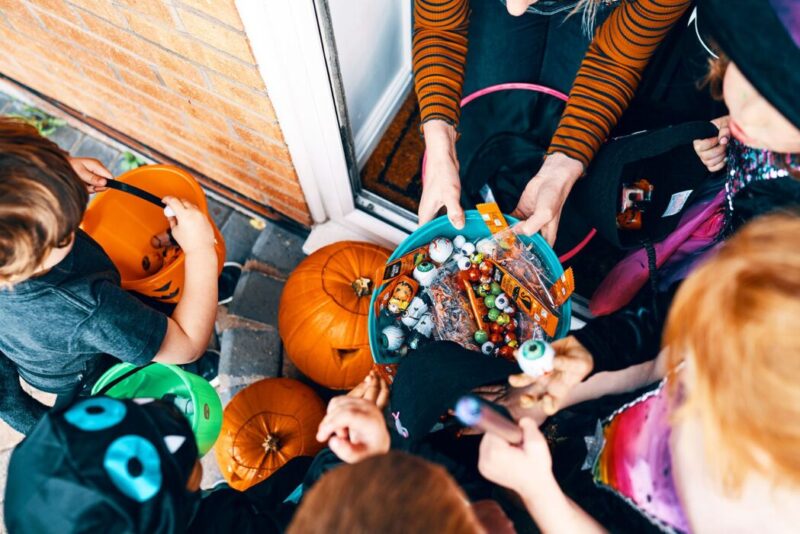Town Sets Limits For Halloween
As Halloween approaches each year, the question of whether there should be an age limit for trick-or-treating resurfaces, stirring debate among communities and households alike.
The tradition, rooted in childhood excitement and neighborhood camaraderie, seems a harmless treat for most, yet some towns have decided to draw a line on age, hoping to protect the experience for younger children.
In New Jersey, for instance, the towns of Pennsauken and Upper Deerfield Township have each set age guidelines for trick-or-treaters. In Pennsauken, kids older than 14 are not allowed to trick-or-treat, with the town emphasizing that only chaperones over that age are permitted to accompany younger kids (though these guardians are instructed to refrain from collecting candy).
Upper Deerfield Township advises an even stricter guideline, recommending that those over 12 leave the door-to-door candy gathering to the younger crowd, though they haven’t enforced this as a strict rule.
Other localities, such as Chesapeake, Virginia, took a more dramatic approach historically. Since 1970, Chesapeake has had an age limit for trick-or-treating, initially to curb incidents where older teens were reportedly harassing younger kids.
At one point, the rule included a penalty that could land a teen in jail if they broke the age limit. While the city raised the age cap from 12 to 14 in 2019 and removed the jail-time penalty, the law underscores some communities’ concerns about older kids overshadowing younger ones.
The age-limit debate reveals more than just varying views on Halloween; it reflects how social and political beliefs influence opinions on what’s considered age-appropriate. A recent Fairleigh Dickinson University poll of 800 Americans found that, on average, respondents believed kids should stop trick-or-treating around age 13½.
Around a quarter of participants felt there shouldn’t be an age limit at all. Intriguingly, these opinions vary among different demographic groups: older Americans typically think children should stop by ages 11 or 12, whereas younger Americans lean toward allowing kids of all ages to participate. Political lines also play a role, with Trump supporters being 10 percentage points more likely than Harris supporters to advocate for age restrictions.
The poll also found that certain communities, particularly within the LGBTQ+ and socialist-identified groups, showed the most openness to letting people of any age trick-or-treat, with 46% and 53% respectively in favor of no age limit.

